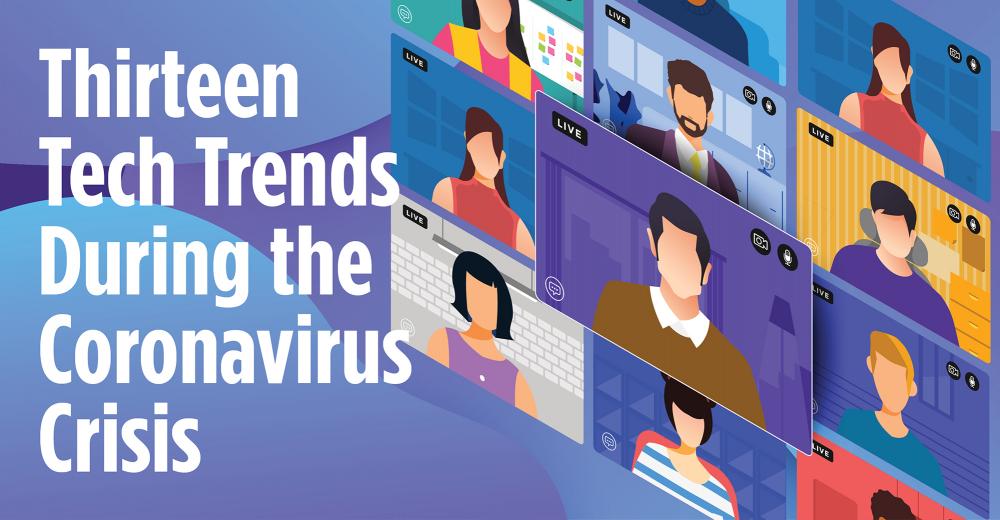1 18
1 18
Away from the office has not meant out of contact as many advisors increased usage of their mobile phones for texting (Data is month over month February through March 2020). Hearsay’s platform captures advisor-client SMS-based text interactions (in addition to social, email, voice, and advisor websites).
Mobile call duration between intermediaries and clients has doubled on average from February to March as advisors began working remotely and relying on mobile phones as the pandemic escalated.
Hearsay measured an increase of 3.6 times the total number of minutes advisors were on the phone from February to March.
As client engagement activity peaked in March into April, over 13% of social media engagement explicitly mentioned COVID-19 terms.
Cybersecurity firm OS33 found that 85% of advisors’ work-from-home computer systems failed a diagnostic security assessment tool’s test. The tool had been built around a set of 12 FINRA cybersecurity guidelines. Only 15% of advisors achieved a perfect score.
Based on OS33’s analysis, advisors’ most common weaknesses were with:
► Lack of hard disk encryption
► Operating systems without the latest patches
► Out-of-date antivirus and/or malware software
According to a survey of 411 IT and security professionals by security software provider Check Point and Dimensional Research, 71% of respondents noted increases in threats or attacks since the beginning of the COVID-19 pandemic. Respondents were from organizations of 500 or more employees globally and represented a range of industries.
Attacks or malware on their systems originating from sites pretending to offer information or advice related to the pandemic.
Kentik, a provider of machine-learning-based network operations technology, monitored nodes across the Internet since the beginning of the year to determine this data.
Comcast, operator of the largest residential Internet network in the U.S., measured more than double the amount of videoconferencing traffic on its network, meaning a massive increase in such traffic originating from homebound users since March 1.

